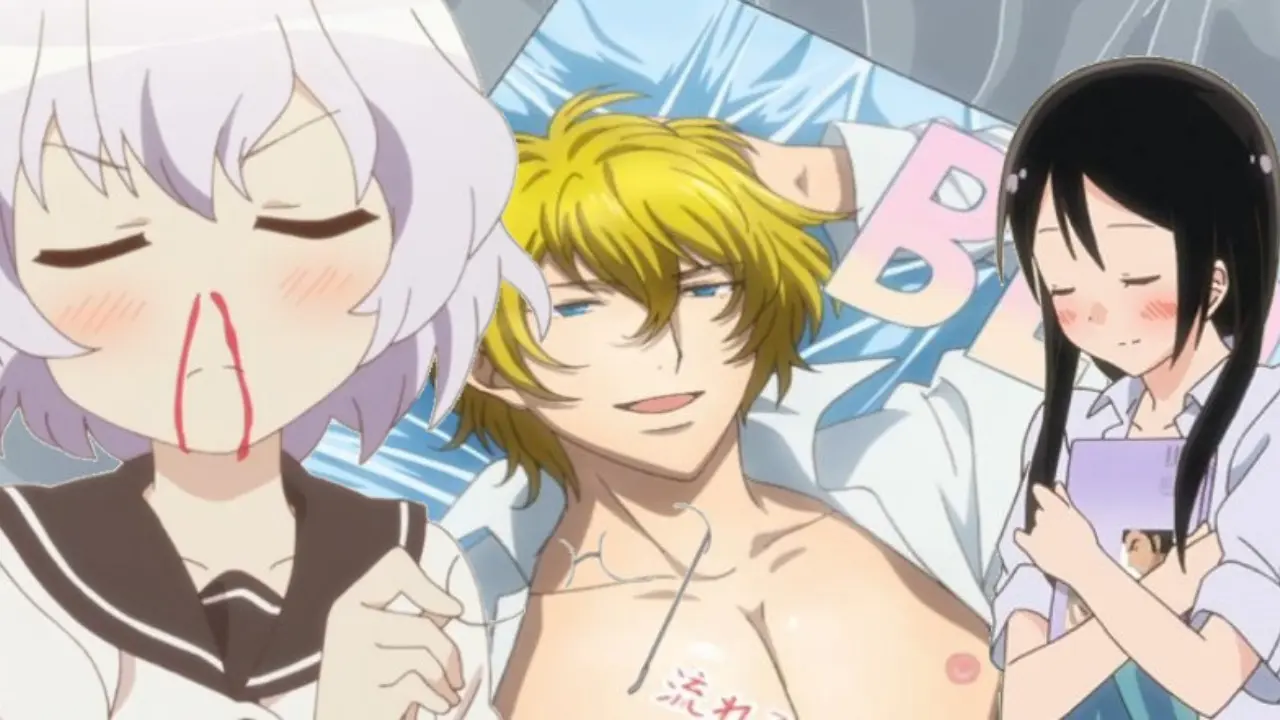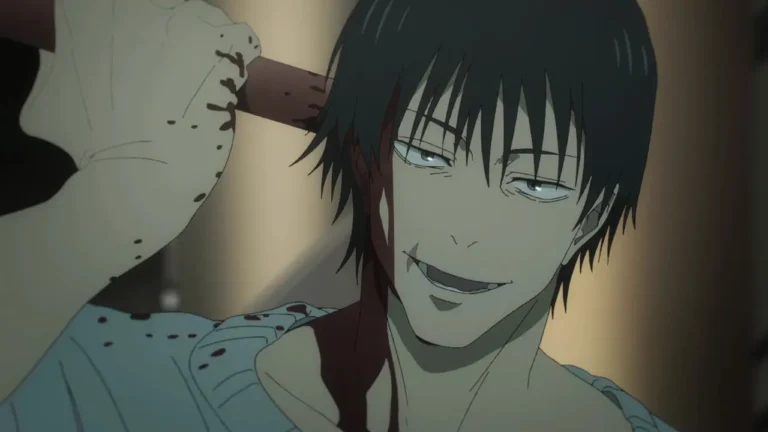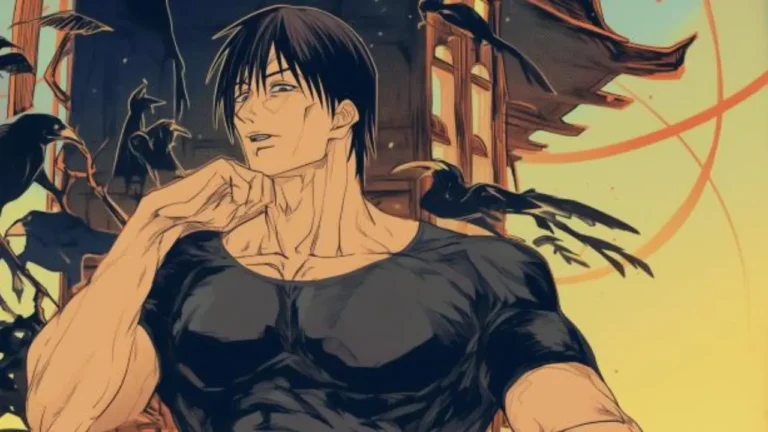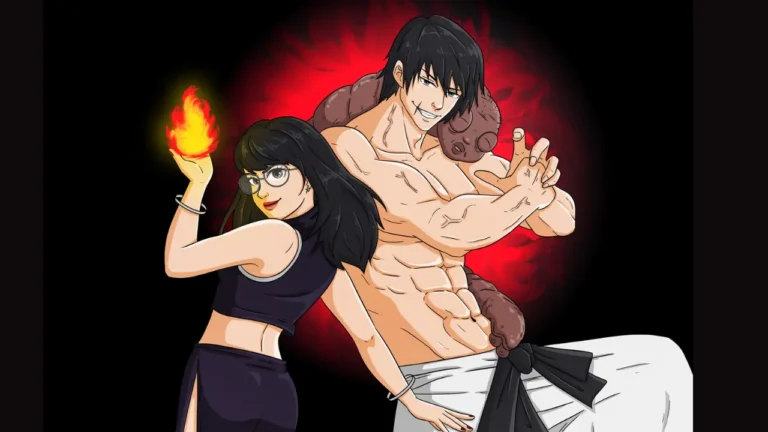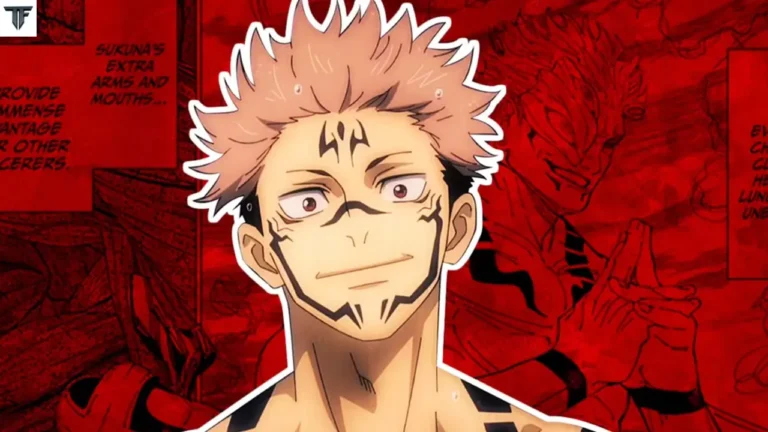Fujoshi Meaning Male Male Romance Stories
Fujoshi Meaning, Fujoshi (腐女子) is a Japanese slang term that literally means rotten girl. It’s commonly used to refer to female fans of manga, anime, novels, or other media that depict romantic relationships between men, especially in the boys’ love (BL) or yaoi genres.
Key Points:
- Origin: Fu (腐) means rotten, and joshi (女子) means girl or young woman. The term started as a self-deprecating joke, implying that their interests were considered rotten or outside of societal norms.
- Usage: Fujoshi enjoy BL pairings, whether canon (official) or imagined (fan-created), and often engage in fanfiction, fan art, and shipping (imagining romantic relationships between male characters).
- Not derogatory (usually): While it began as a negative term, many fans now use it proudly to describe themselves within fandom communities.
- Male counterpart: The male version is fudanshi (腐男子) — rotten boy.
- Cultural note: Fujoshi culture is a subculture, and while it’s prominent in Japan, it also has a strong international fanbase.
What Is Fujoshi Meaning?
Fans around the world often search for fujoshi meaning when they enter anime culture.
The phrase names female fans who love stories that portray romance between boys.
People first used the label in Japan as a playful joke that girls were rotten with wild imagination.
Roots of the Word
Fujoshi comes from two kanji symbols that read as rotten and girl.
Rotten sounds odd, yet fans laugh at how their passion breaks old rules.
Because the label traveled online, dictionaries began to list the term as proper slang.
Early Fan History
Fujoshi Meaning, History books note early 1980s zines where fans traded romantic manga that publishers ignored.
Fan letters from that era reveal girls who felt shy but brave enough to share their dreams on paper.
University archives now keep those zines, protecting a slice of youth culture for scholars.
Boys’ Love in Print
Small groups grew fast because photocopiers let creators print bold love scenes in secret.
Boys’ Love, or BL, went public in the 1990s as magazines began to sell legal volumes.
Publishers realized money hides in every fujoshi meaning they once mocked.
Publishers later opened contests and invited fan writers to turn amateur plots into official novels.
Modern Japanese Scene
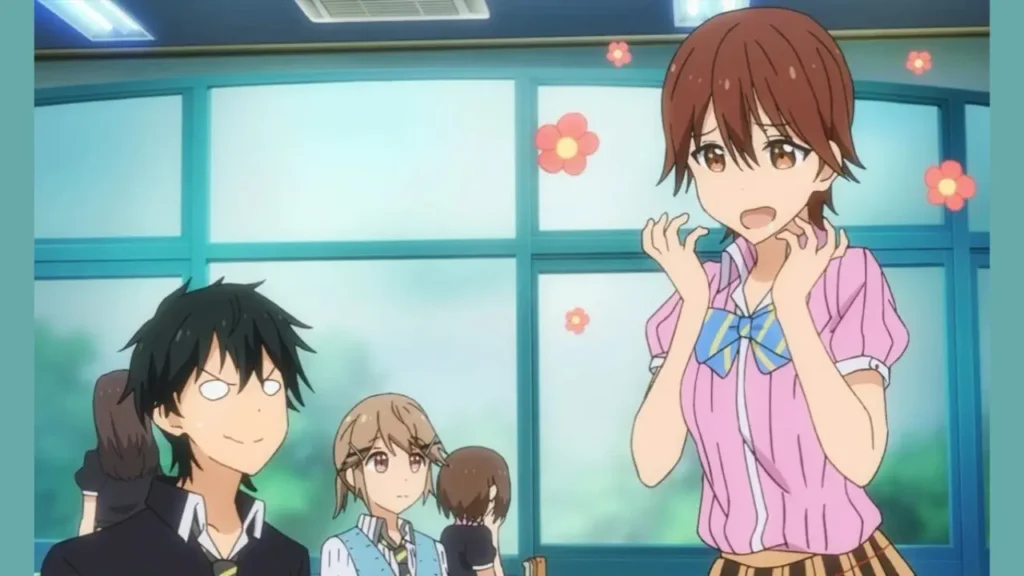
Modern Japan hosts big events like Comiket where huge halls fill with BL art.
Panels teach drawing soft lines, while sellers show plush toys of famous couples.
Tourism boards sponsor BL walking tours in Ikebukuro and sell pastries shaped like hearts.
These events drive hotel bookings and showcase local culture to eager visitors.
Global Expansion
Fujoshi meaning now travels far beyond Tokyo train lines and comic shops.
Readers in Brazil, France, and Kenya swap fan comics at local events.
Outside Japan, clubs in Mexico City and Madrid hold movie nights with dubbed BL shows.
Language never blocks the spirit because love stories speak through smiles and tears.
Clearing Misconceptions
Some worry the label insults women, yet context shows many women picked the word first.
Self-naming shields them from bullies and builds tight bonds inside fandom.
Critics argue BL ignores real queer voices, but creators keep adding depth each year.
They hire consultants, read essays, and refine plots to avoid hurtful tricks.
Benefits for Fans
Positive effects bloom when teens find safe spaces to chat about feelings.
Stories let them explore romance without fear of harsh judgment.
Even medical experts note that shared hobbies lower stress and boost mental health.
Thus, the fandom often works quietly as a wellness circle for introverted teens.
Ongoing Debates
Legal debates arise about fan art sales, but courts often allow small runs under fair use.
Critics watch for copycat books as markets flood shelves with rushed plots.
Fans stay alert, demand fresh arcs, and support indie voices for balance.
This shift shows how fujoshi meaning now influences business plans worldwide.
Developers add BL routes into mobile games and see daily revenue spikes.
Market analysts track hashtags and forecast page views for new manga launches.
Numbers guide print runs, reduce waste, and keep prices fair for teens with small allowances.
Frequently Asked Questions
What is the fujoshi meaning?
Fujoshi means rotten girl in Japanese and refers to female fans of Boys’ Love (BL) or male-male romance stories.
Is being a fujoshi bad?
No, the word started as a joke but is now used proudly by many fans. It’s a personal identity in anime and manga fandoms.
Can boys be fujoshi?
Boys who love BL are called fudanshi, which means “rotten boy.” They share similar interests but have their own term.
Do fujoshi only like gay romance?
Most fujoshi prefer fictional male-male romance in manga or anime, but many also enjoy other genres and support real LGBTQ+ rights.
What Comes Next
In conclusion, fujoshi meaning stands for more than a slang tag on a screen.
It tells a story of fandom that turns laughter into art and bonds across borders.
Scholars predict that in ten years, VR platforms will host interactive BL worlds.
Future generations will reshape the word again, yet its core will stay bright with joy.
Keep reading, sharing, and creating, because each new voice keeps this culture alive.
| Term | Simple Explanation |
|---|---|
| Fujoshi | Female fan of BL stories. |
| Fudanshi | Male fan of BL stories. |
| Josei | Manga for adult women. |
| Yaoi | Another word for BL, often spicier. |

